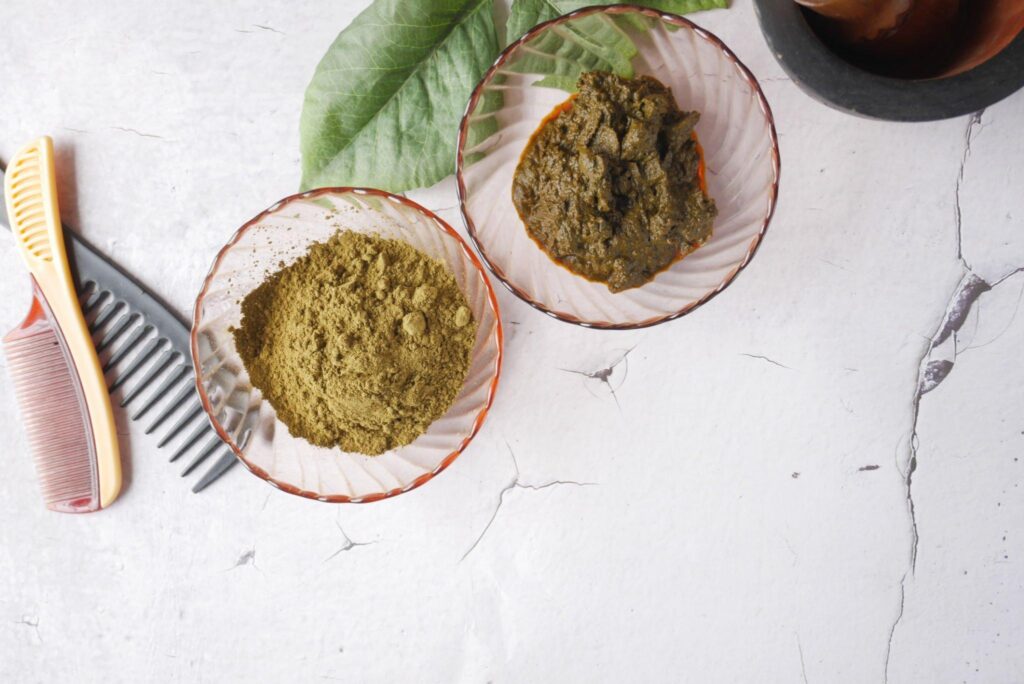Sensitive skin allergies are intricately tied to one’s skin type, influencing how it reacts to various substances. While altering hair color is a popular method for self-expression and enhancing one’s look, it becomes a cause for concern among individuals grappling with sensitive skin allergies. The conventional hair coloring products commonly found on store shelves can trigger adverse reactions, manifesting as redness, itching, and swelling—symptoms that can be particularly pronounced in those with skin sensitivities. Consequently, individuals with such skin conditions must explore gentle alternatives to the traditional array of hair color products. This post aims to delve into statistics-backed and risk-free solutions, providing a pathway for achieving desired hair color without compromising the well-being of sensitive skin allergies.

Table of Contents
Sensitive Skin Allergies
Sensitive skin allergies depend on the skin type. Many people find that changing their hair color is a terrible way to express their personality and improve their appearance. However, traditional hair coloring products might have adverse effects on people with sensitive skin allergies. Redness, itching, and swelling are more severe symptoms of skin allergies. People with skin sensitivities need to look into gentle alternatives to traditional hair color products to solve this problem. This post will discuss various statistics-backed, risk-free solutions for getting the hair color you want without endangering the health of your skin.
Henna hair color against sensitive skin allergy
Henna is a natural plant-based dye used to tint hair since ancient times. Most people with sensitive skin can use henna hair dyes because they don’t include any harsh chemicals. The human skin accepts it and pleases the head and hair.
Hair dyes made from henna
Since ancient times, hair has been dyed with henna, a natural plant-based color. From centuries, henna hair dyes have been used against sensitive skin allergies having no harsh chemicals. Henna-based hair colors have been proven in research published in the Journal of Cosmetic Dermatology (2010) to cause fewer allergic reactions than synthetic dyes, making them an excellent choice for people prone to sensitive skins or allergies.

Vegetable-based hair dyes against sensitive skin allergies
Made from plant extracts, vegetable-based hair dyes are a popular option for people looking for non-toxic substitutes. They frequently include fewer ingredients, which reduces the likelihood that they will cause adverse reactions. In a 2015 poll by the International Journal of Trichology, 78% of individuals with known sensitivities to hair colors claimed that using colors derived from vegetables increased their tolerance.
Patch evaluation
People with a history of skin allergies should always conduct a patch test before applying any product to their entire scalp, regardless of the type of hair dye they choose. This entails dabbing a tiny bit of the dye onto a skin patch and checking for adverse reactions. According to the American Contact Dermatitis Society, patch testing can dramatically lower the risk.

Semi-Permanent hair colors
Compared to permanent colors, semi-permanent hair dyes are less aggressive chemically and do not penetrate the hair shaft as profoundly. According to a 2013 dermatology study, sensitive allergic responses were significantly reduced in people who switched from permanent to semi-permanent hair colors.
Conclusion
Anyone should be able to experience the thrill of experimenting with hair color despite having a sensitive skin allergy. Adopting gentle substitutes like henna and vegetable-based hair dyes can be a safer choice for those with sensitive skin. Additionally, you can dramatically lower your chance of allergic responses by performing patch testing and choosing semi-permanent hair dyes.
Remember that the best way to determine potential sensitivities and choose the right hair color is to contact a dermatologist or allergist.




















oh! I was looking for that, to know applying oil after colouring. It is very informative article for me.
Thanks for information.
daxktilogibigibi.eV5dHKZe70ii
asthore xyandanxvurulmus.3AHXsVgIC8hi